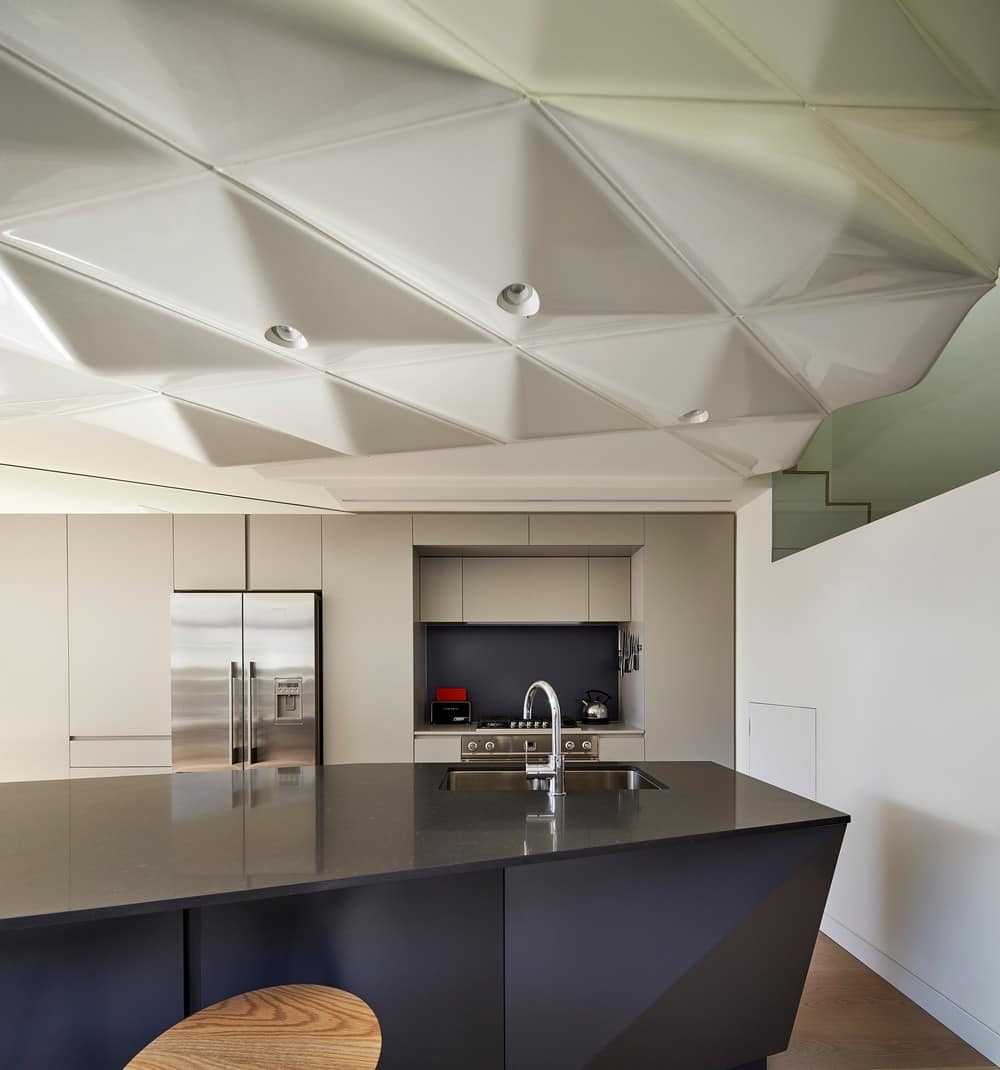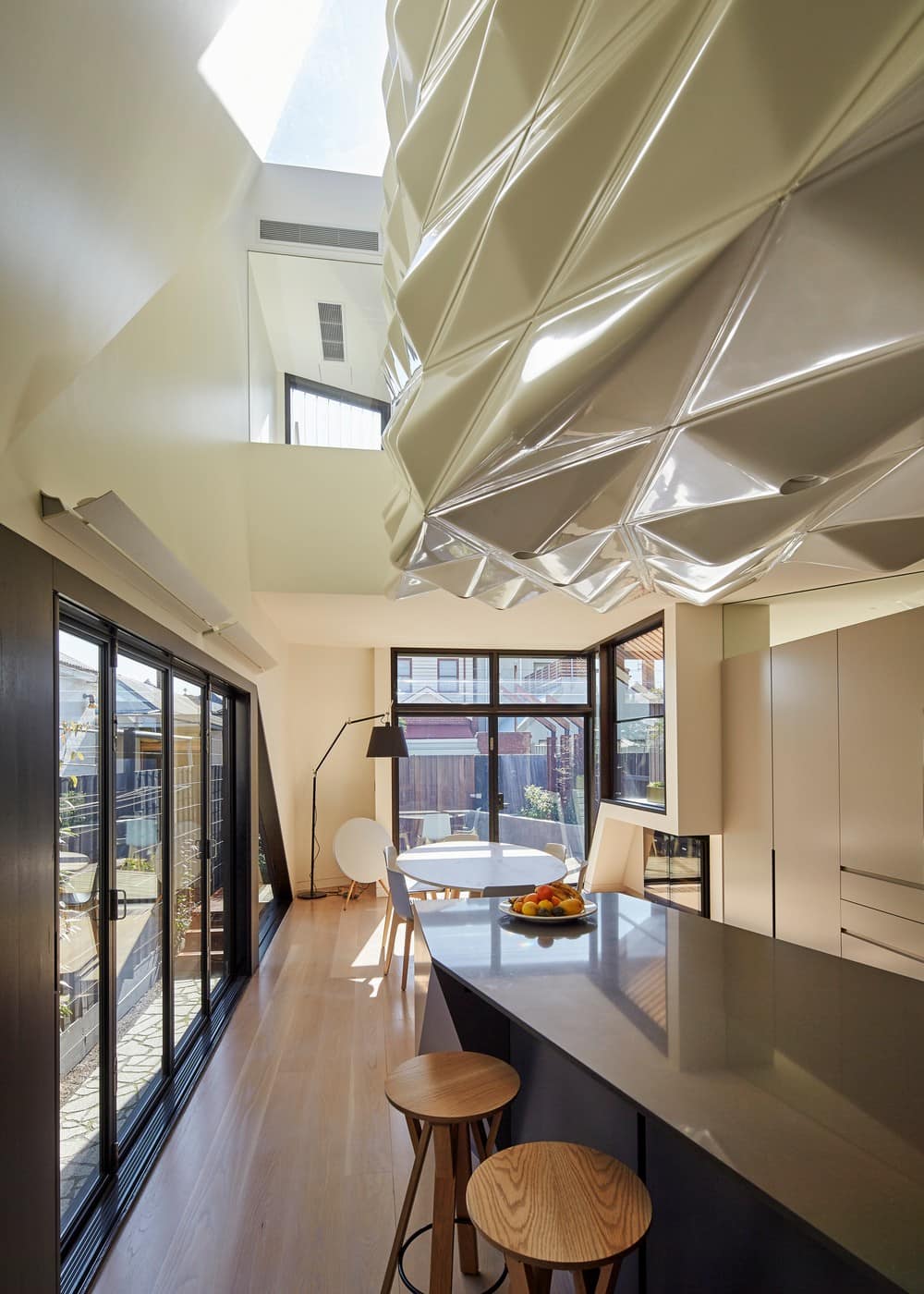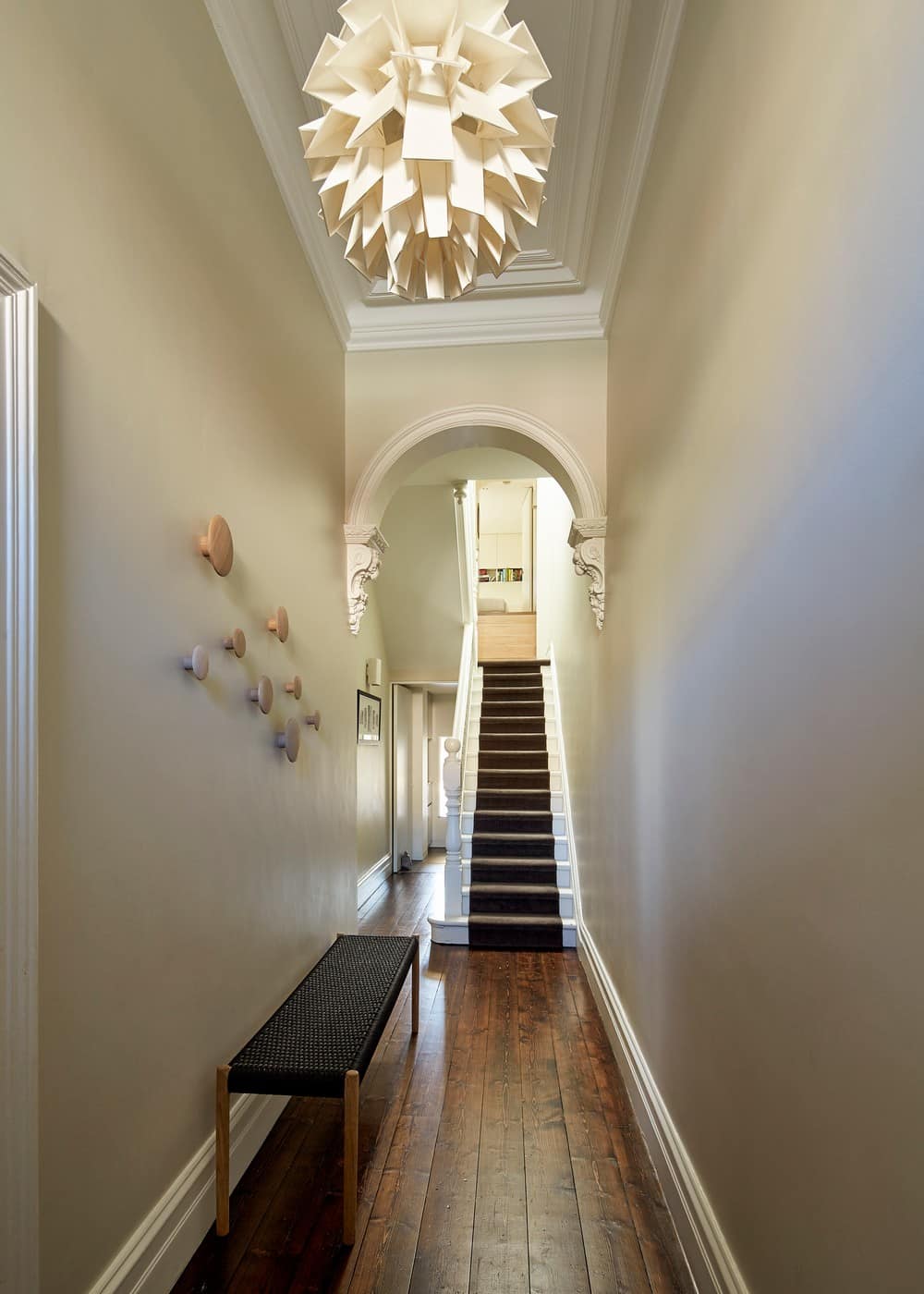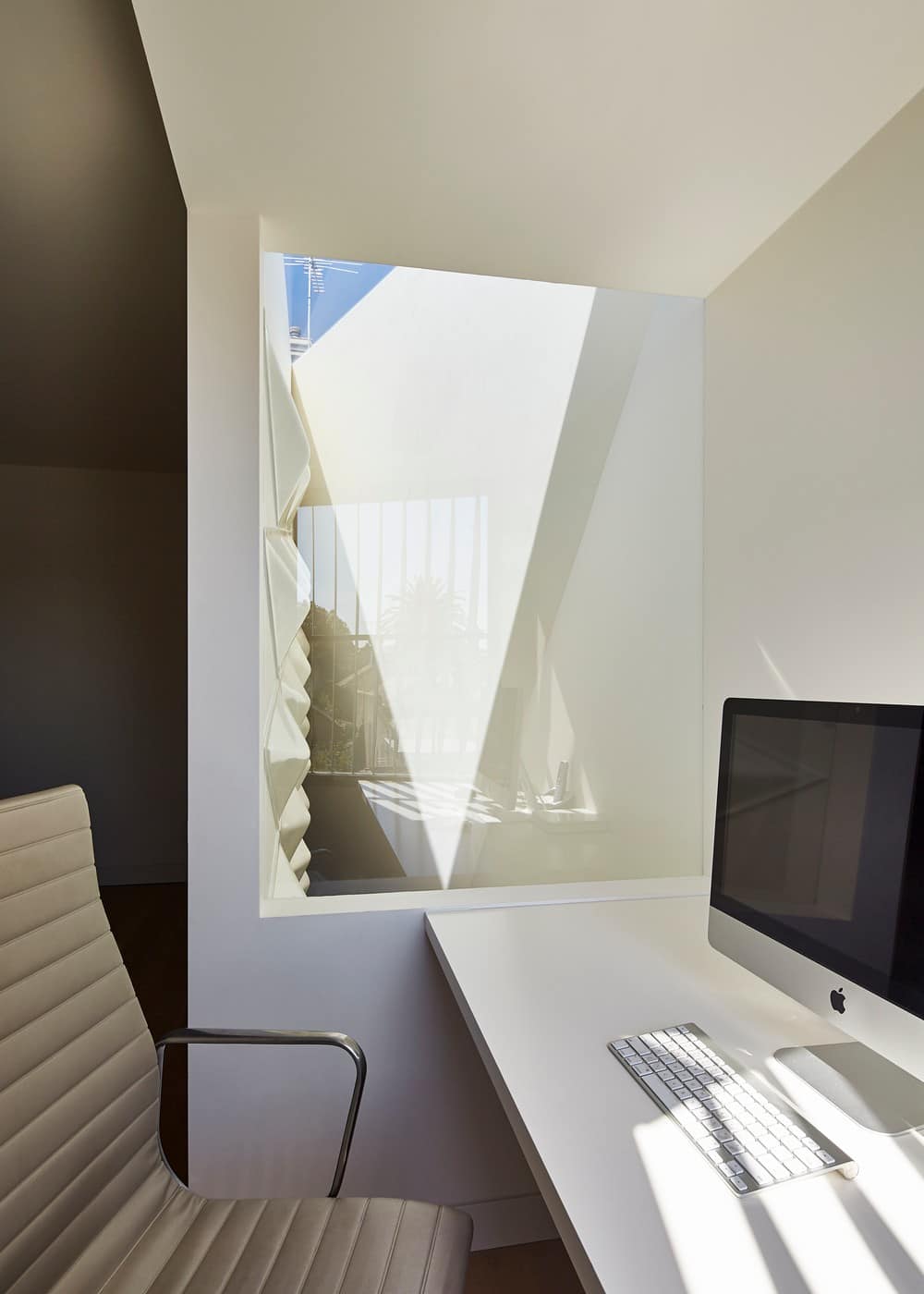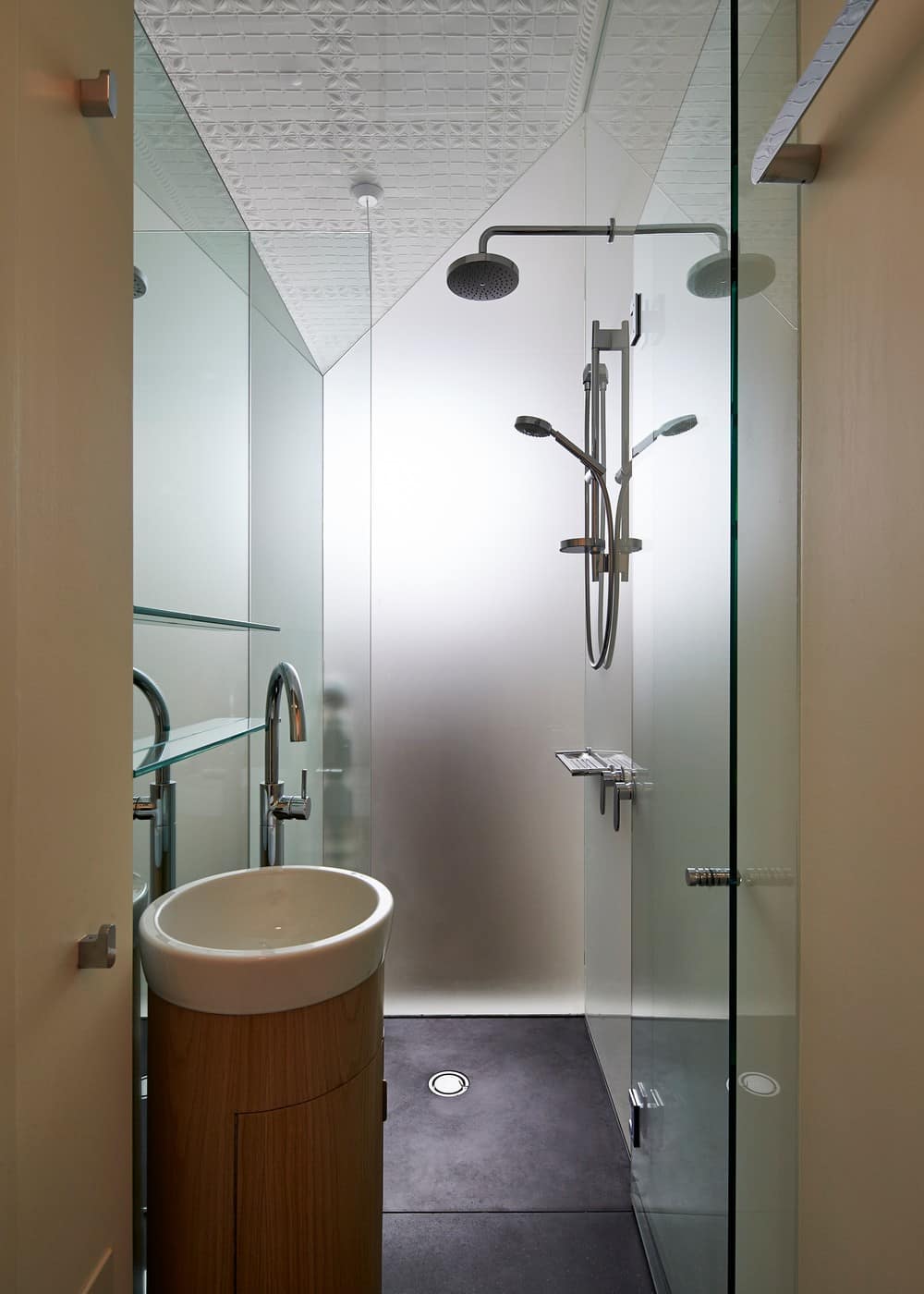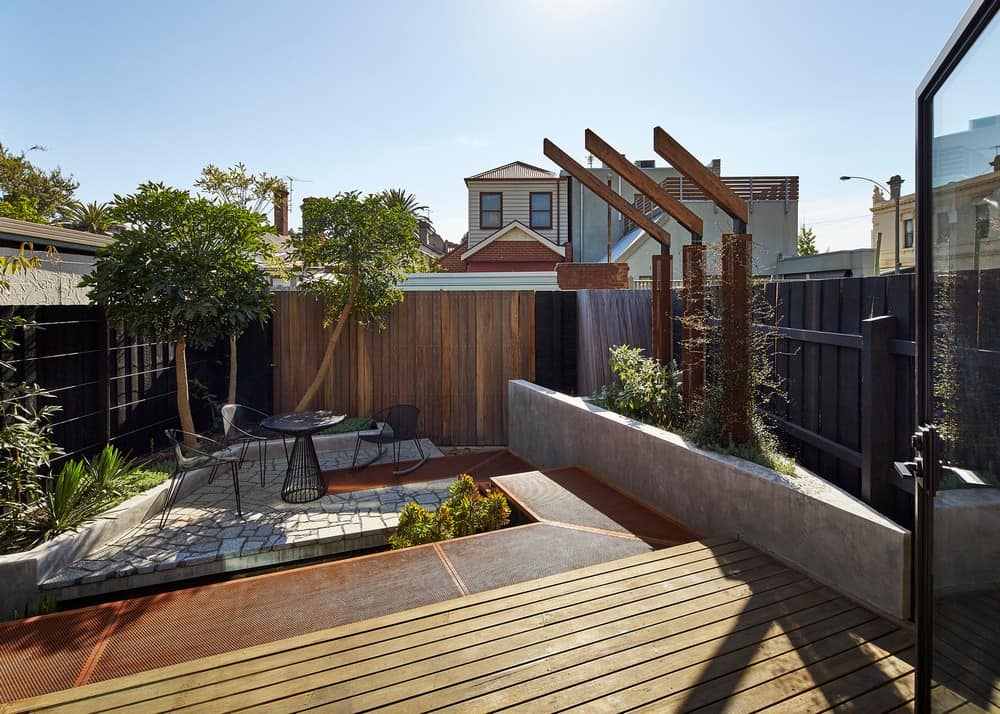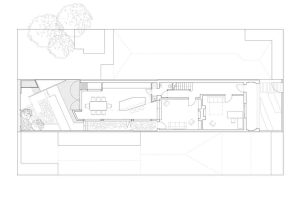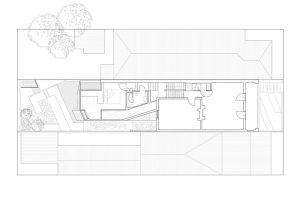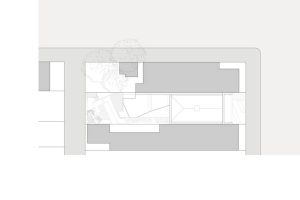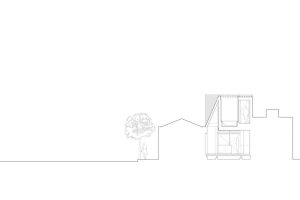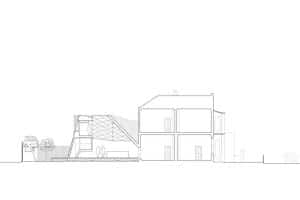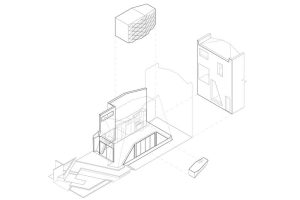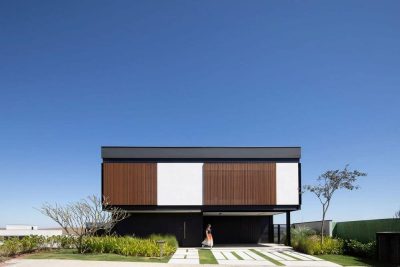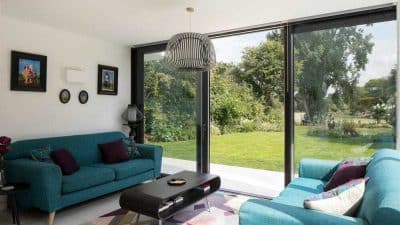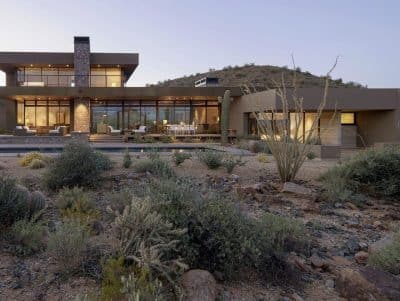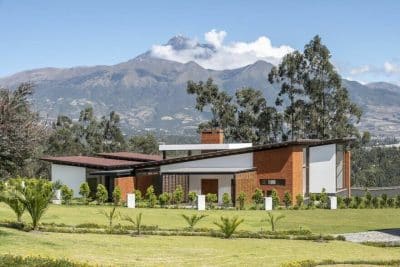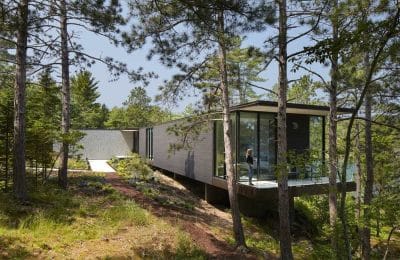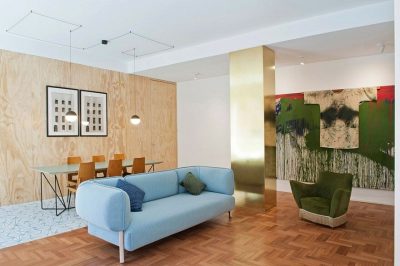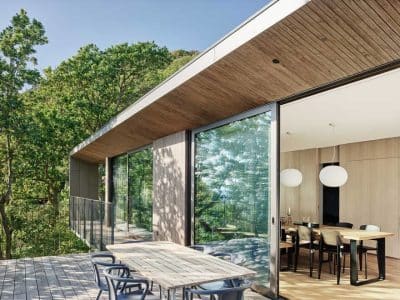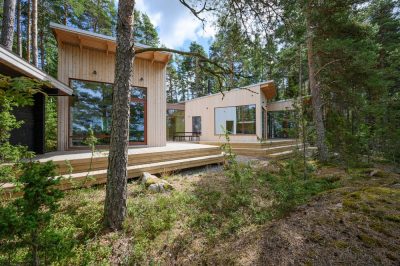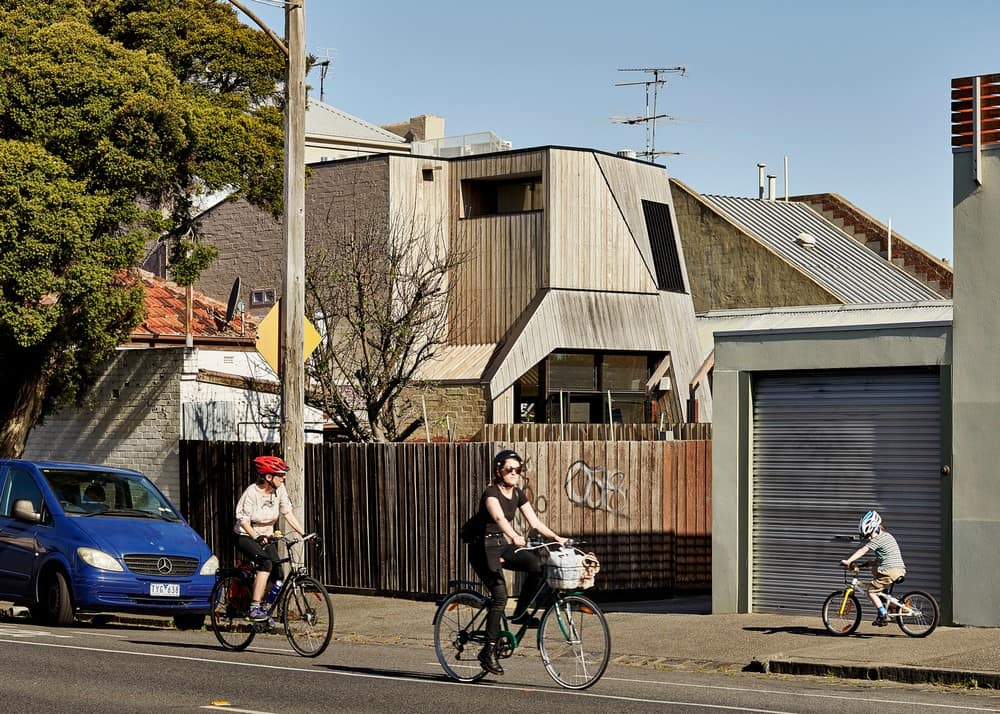
Project Name: Inner-City Victorian Terrace House Renovation
Architecture: Andrew Simpson Architects
Project Team: Andrew Simpson, Michael Barraclough, Mel Buettikofer, Emma Parkinson
Builder: Overend Constructions
Location: Carlton North, Melbourne, Victoria, Australia
Area: 176 m²
Photo Credits: Peter Bennetts
All houses in some way resonate the history of lives spent together. Rachel Whiteread’s “House” installation of 1993 exemplified the notion that memories are imprinted into the spaces in which we live. This project began with a conversation between architect and client around this idea.

The scope of work broadly involved heritage refurbishment and a contemporary rear extension to an inner-city Victorian terrace house. The ambition of the project was to inscribe the owners’ joint experiences as a couple into the spatial character of the building, and provide a new context for their current life together as a family with two young boys. To achieve this, the architectural idea spanned both the historic fabric of the existing building and the new extension.
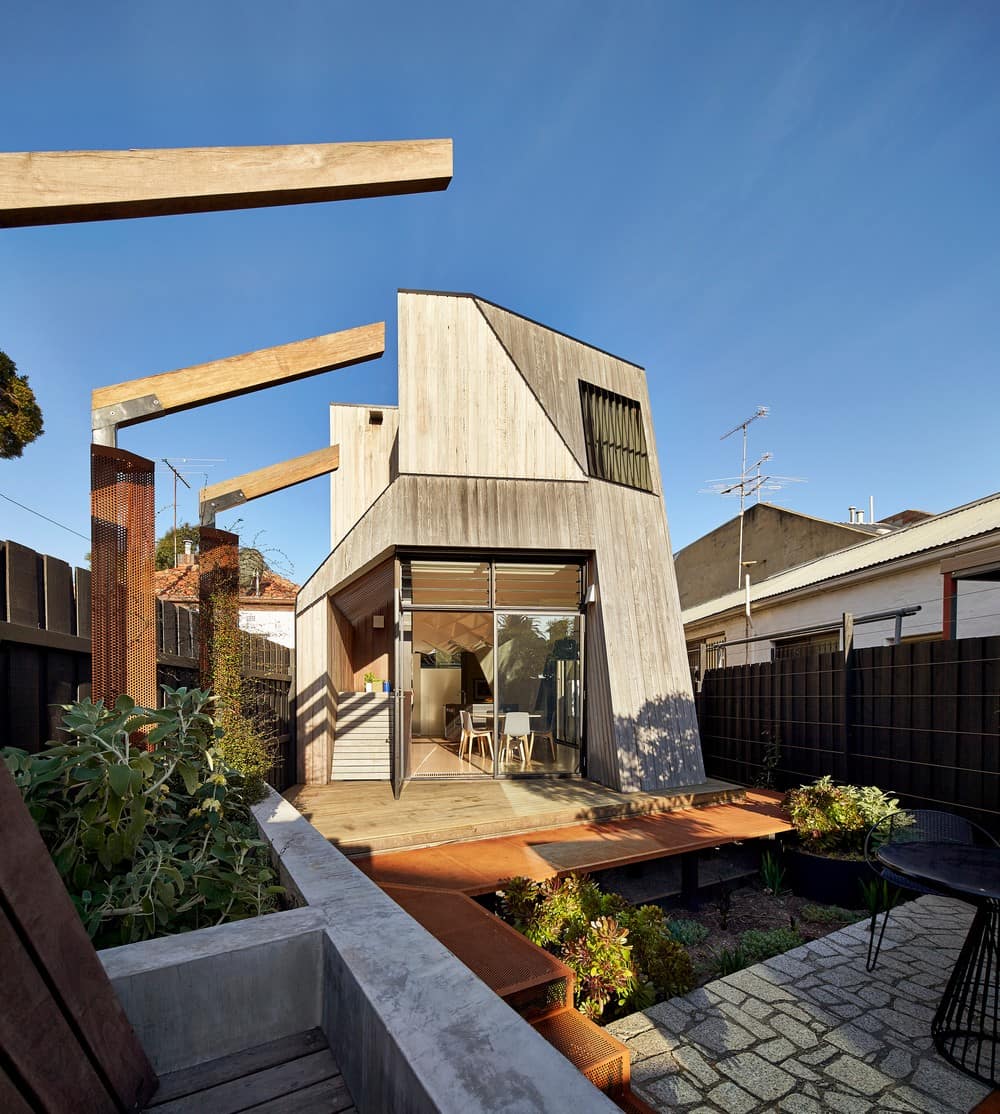
To establish a brief for the project, instead of asking the clients to produce a written document, we suggested they sketch plans of the previous homes they had lived in. These scaleless hand-drawn reflections – which we referred to as “planometric memories” – revealed in their disproportions, the clients’ subconscious aspirations for the new home.
Key aspects of the spatial planning, volumetric character and material palette of the architecture was informed through this process. Circulation spaces vary significantly in scale and meld with the living spaces of the house; and there is an emphasis on level change and the associated experience of implied depth.
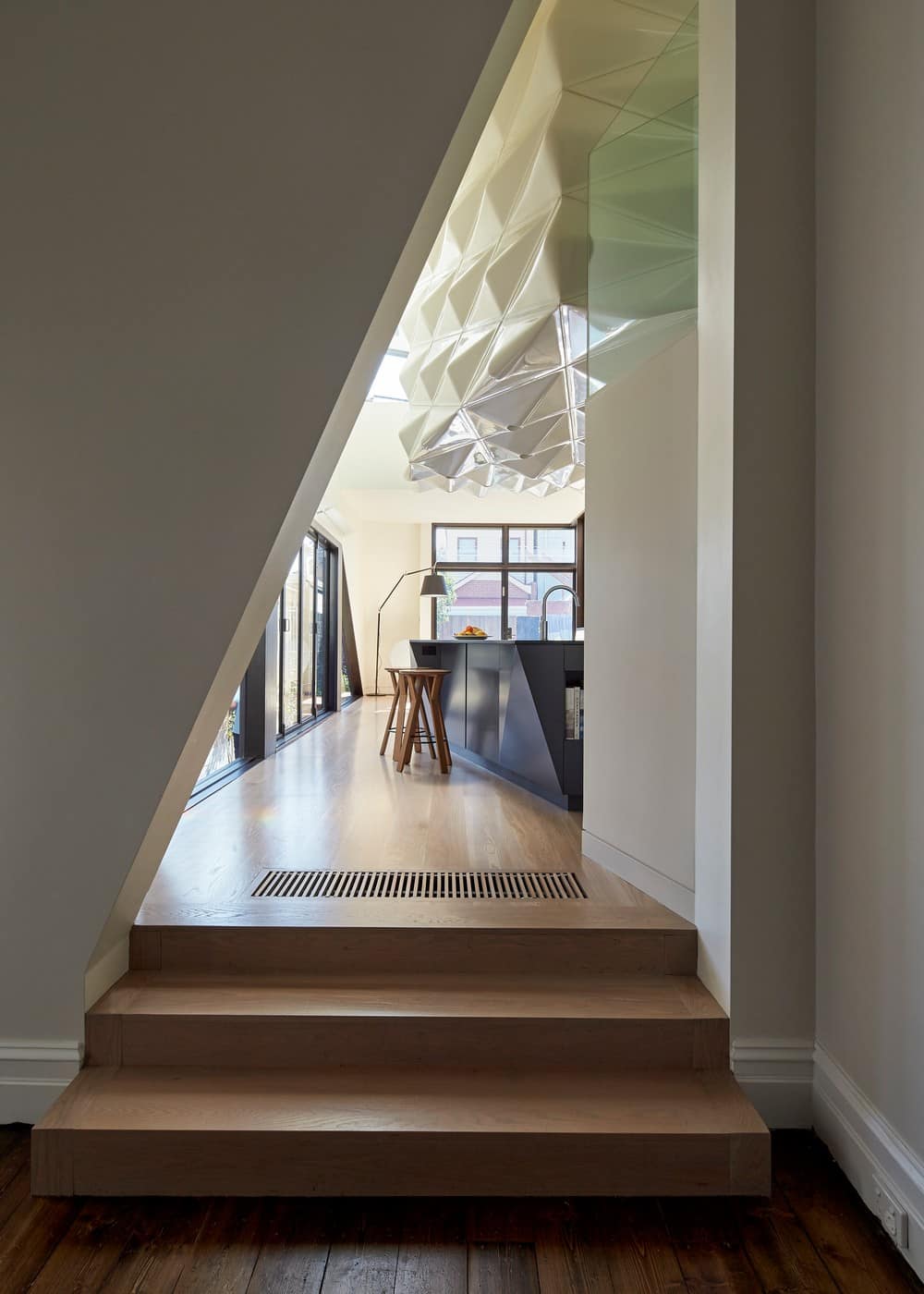
The Bower house is also conceived as a nested set of containers: a set of “Russian dolls” that might infer yet other unrevealed histories. The large fibreglass clad pod floating above the kitchen space is one of these objects.
To achieve the sense that this cloud-like form is levitating within the larger volume of the kitchen and dining areas, a series of steel hangers drop down from portal frames that span the width of the rear extension, thereby avoiding any visually apparent use of structure.
The fibreglass cladding was designed using a 72 piece dia-grid comprising 17 different 3d custom-designed tiles integrating lighting. This was produced from a digital model developed following construction of the framing and lining substrate and a careful on-site survey of the shell by the builder.

Contrary to a typical compact terrace house, the ground floor level at the rear is raised to allow for more expansive views to the surrounding street context. This had the added advantage of providing a well-ventilated and less costly timber sub-floor space with additional outdoor storage.
The external deck and garden, developed in collaboration with Katherine Rekaris Landscape Architecture, cascades down towards the back fence and is framed by a series of off-form concrete planters that act as impromptu seating from which to look back at the house.
